Day 35: Next Year’s Harvest
BY DANNY SWAN | March 20, 2018
Today’s Readings
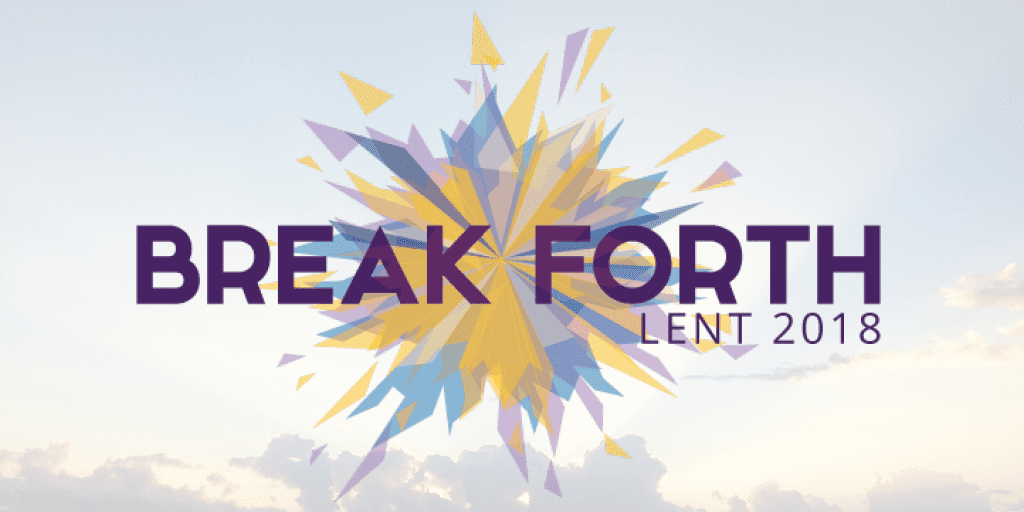
My sons, two little boys, will not eat fresh greens. Not a bite. That’s after I spent the last 10 years starting 4 urban farms and founding a nonprofit around community health and local food. My boys won’t touch my kale!
I found a way around it: smoothies. Every morning, I wake up and blend my homegrown greens with that most magical of starchy fruits: the banana. I rely on those bananas as the vehicle to deliver superfood greens into my kids’ bodies.
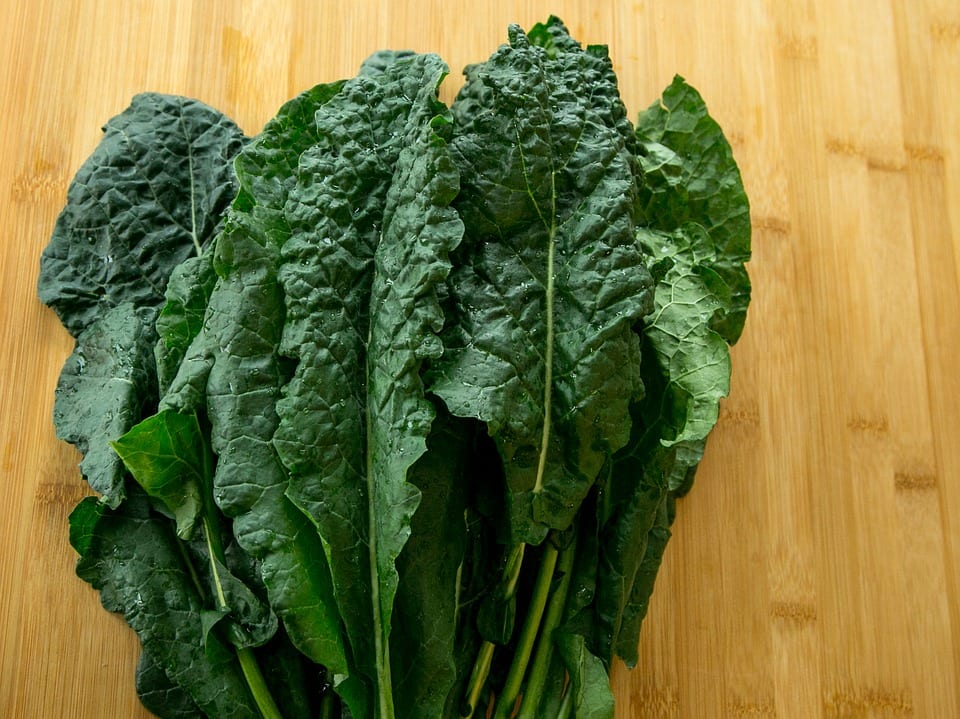
But lately, bananas have been giving me pause.
Bananas carry with them a history of injustice. Latin American plantations employ workers, often at pitiful rates with substandard working conditions. Abject poverty.
Every time I feed bananas to my boys, I’m feeding them the injustice, suffering, environmental degradation, and poor health of the banana plantations.
Meanwhile, I live in East Wheeling, West Virginia. I refer to my block as Wheeling’s “trauma ward”. Prostitutes and addicts convene for quick money and quick fixes on my corner. All of them—every last one of them—lived through horrible trauma in their childhoods, inflicted upon them by the hands of the adults charged with their care.
I raise my family on that block with intention. I want my boys to look our problems in the face, know them, love them, and work to heal them. As such, I raise my boys to be emotionally, physically, and spiritually strong. I hope they’ll know gardening’s greatest lesson: our waste, problems, and loss can all be composted into the energy that brings next year’s harvest.
My intentions for my boys—that they be strong enough to share their health with their community—leads to a simple act every morning: I make a banana-kale smoothie. Yet somehow, even those smoothies carry the embodied suffering of our Latin American brothers and sisters. Is that negligence? Is it irresponsible? Is it an inevitable compromise of the human condition? Or can I humbly, peacefully work to fashion new options for fair-trade bananas, for wellness, for composting, for healing in my community?
For reflection:
“Just as bread and wine are transformed into Jesus and taken into our bodies, the soil, water, and sun of our place is transformed into nutritious food. Eating local food connects us to the land (creation) in the same way that the Eucharist connects us to Christ. Not only symbolically but literally joining our bodies with the places we steward.”
-Eleanor Marshall, AmeriCorps VISTA at Grow Ohio Valley
- How do you connect with creation?
- How do you transform your health (physical, spiritual, economic, or otherwise) into a vehicle to alleviate the suffering of others—to make “next year’s harvest” one that is more just?
- What choices can you make about your food and your purchasing power to connect you to the land and to those who produce our food—often at great cost to the most vulnerable?
Danny Swan is co-founder and executive director of Grow Ohio Valley, a non-profit based in the East Wheeling neighborhood of Wheeling, West Virginia, committed to local foods, urban agriculture, and community health. Danny is a 2009 graduate of Wheeling Jesuit University and is a 2016 recipient of ISN’s Moira O’Donnell Emerging Leaders Award.

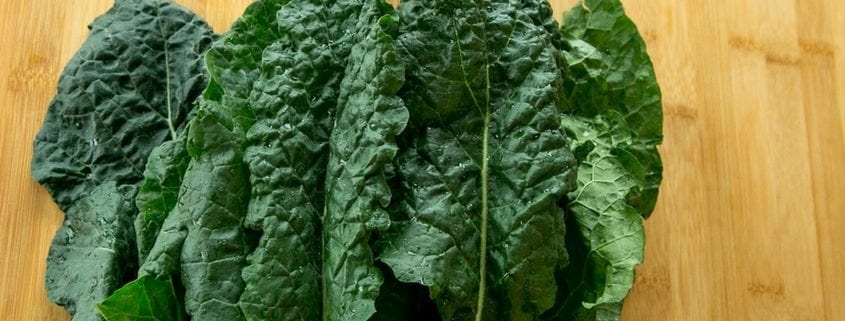
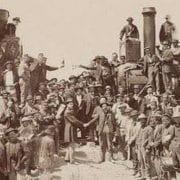
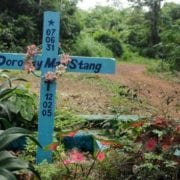
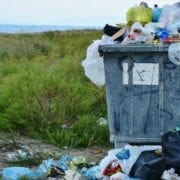

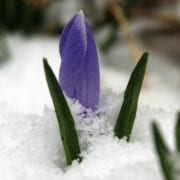


That was AWESOME! Thank you, Danny, for your inspiring words.
I find peace in knowing that there are other people who experience the same type of dilemma I go through Evey day. I do not vocalize my thoughts about the omnipresent injustice which seems to be driven by capitalising on humans’ ability to work – I have learned to internalize them because of widespread disinterest expressed by others. For 2 decades I worked for companies in the automotive service industry and experienced a general lack of humanity in most interactions among the people employed – a bunch of people chasing the proverbial ‘carrot on a stick’ in a work environment where effort was to be rewarded with money. The money I was paid came from the generation of automotive service bills – most of these bills were for more money than I could ever afford to pay if presented to me. At some point in my career I developed an awareness of this reality and felt a great deal of guilt and despair. When my son was born I decided to try and survive financially by repairing cars independently, hoping to avoid bringing the poisonous inhumanity at the workplace into my home (in the form of my disgust, frustration and feeling helpless to make change). I do not have a garage to work in, so the quality of my work life decreased significantly (bringing tools to broken cars and working on them outside). Although more difficult to make a living in this way, I gladly choose it over entering a situation where I become a tool with which others use to generate revenue and the condition of being human is not even an afterthought. Working independently has enabled me to meet people who ‘come from a place of love,’ and I can bring that love home in place of disgust and frustration and feeling helpless. I make half the money I did when working for automotive service businesses and life is thicker with tedious logistics but the value of peace in my spirit is absolutely priceless. My ventures have led me to working on the streets of East Wheeling, WV – on the very block referred to as ‘Wheelling’s trauma ward’ by Mr. Dan Swan. What a dilemma it is, to have love in the face of negative realities evident in these streets. As far as I know there is nobody on this planet who can account for the energy which causes life, the energy that causes our biological tissues to walk and talk and be. I am left to choose how I go about survival and interactions with others and I reach as deep into myself as I can to find love and spread it to the best of my ability – all the while feeling a different guilt about the bananas I eat and feed my son. I choose to believe the attempt to spread love can be a catalyst for the compost of human injustice which is piled high in this world. I choose this because I feed off the love which is undeniably given back by some – and that makes it easier for me to find peace in the turmoil of being human. Now to the grocery store to buy more bananas… And the circles, they go round…